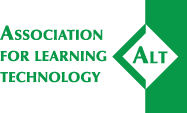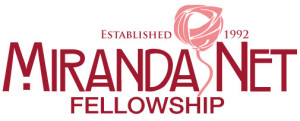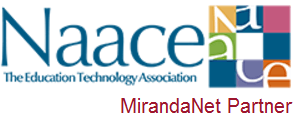[ Web editor note: this is a lightly edited version of the article that appeared in Education Executive, March 2017. For download, the publishers have kindly provided a PDF copy of the original article: A Curriculum Faux Pas ]
In September 2012 the government decided to scrap information and communications technology (ICT) at GCSE and A level, replacing it with computer science in September 2014 in an attempt to better prepare pupils for work. Dr Christina Preston and Dr Sarah Younie, both of the Institute for Education Futures, De Montfort University and the MirandaNet Fellowship, discuss if this was the correct move and offer some suggestions on how to make ICT work in your school
Schools have been presented with a huge challenge since 2014: to embed and integrate a new school subject into their curriculum, working with a teacher workforce that, while strongly motivated, have not had training in the subject knowledge. The Computing at School (CAS) organisation was founded to provide a professional group which teachers could turn to for advice and support. The government has offered modest support of around £1m per annum through CAS but, spread over more than 100,000 teachers, it’s a small sum with which to train, encourage and equip teachers to absorb a new syllabus with cross-curricula implications.
WHERE ARE ALL THE IT TEACHERS?
New figures reveal the government has, for the second year running, recruited only 70% of the 400 computer science teachers funds allow for. Dr Bill Mitchell, head of the British Computing Society, said that a country the size of England – with over 20,000 schools – probably needs closer to 1,000 CAS master teachers, not 400, adding that it could be another five years before teachers feel confident enough to successfully teach computing science.
The problem for school business managers is not only that there’s a shortage of ‘qualified’ teachers but also that there’s no clear definition of what ‘qualified’ implies. The emphasis on computing science has led to a devaluing of a 30- year ICT skills’ legacy; good ICT teachers have jumped ship as the message has been that their knowledge is no longer relevant. The ICT teachers we’ve spoken to struggle with computing because of the degree of technical, pedagogical and skill level required to teach a deep understanding of computer science. Coding programs like Python and Scratch help bridge the gap, but computer science places extra demands on teachers trained to teach ICT.
TECHNICAL CPD
The CAS programme is admirable in that those who pass are expected to help train other teachers. However, Terry Freedman, an ICT consultant and journalist, argues that existing ICT teachers are reluctant to apply for computing training. Further, for those managing school budgets, while the CAS qualification is valuable, it’s costly – especially given the current funding situation. For school business managers looking to support those teachers who want to equip their pupils for the digital world there’s a range of online ‘communities of practice’ providing real support from peers, for example CAS (which has DfE and Microsoft backing). The Microsoft Educator Community provides a resource for teachers to connect and share ideas and there’s also Naace, the education technology association, the Association for Information Technology in Teacher Education (ITTE) whose members are teacher trainers in edtech, the Association for Learning Technologies (ALT) whose members, largely from FE and HE, aim to improve practice, promote research and influence policy and. Our own organisation is the international MirandaNet Fellowship where we focus on professional development programmes and practice-based research into innovation in classrooms particular those that enable and support effective teaching.
All these groups share and support each other through membership of the Council for Subject Associations and offer expert practitioner experience and knowledge to any colleagues who join. They offer an excellent starting point for anyone struggling to make sense of the new requirements of this brave new computer curriculum. They are also open organisations in that they all freely share and disseminate resources, skills and ideas about what they do. Today it is quite simple and low-cost to subscribe to the newsletters and mailing lists run by such groups or to join in discussion forums that some provide but are excellent ways to keep in touch with teachers in similar situations but who invariably have useful experience to offer.
Communities of Practice to join
Forums, newsletters, mailing lists, special interest groups, classroom resources, and current eeducational research can be found on some or all of these examples. Most require signing up for membership (mostly free, sometimes not) to access all the services and benefits.
 |
 |
 |
 |
 |
 |
 |
 |
 |
 |
 |
|
 |
 |
